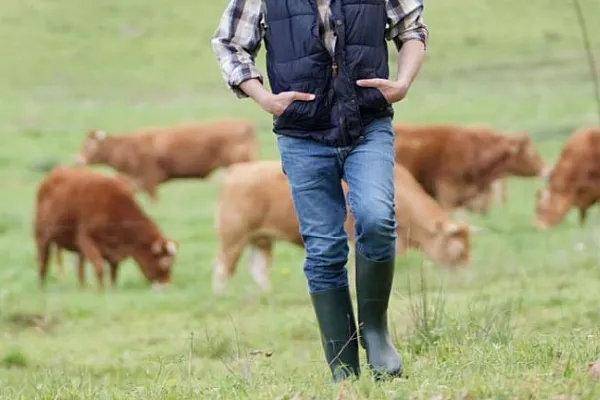
CSSA Divisions
Divisions are the building blocks of the Society. Focused on the technical, discipline, educational, and networking aspects of CSSA, they allow opportunities to collaborate and educate. Division Chairs provide the immediate interaction of the membership of the Society and should drive it toward the future. The primary purpose of Divisions is to better assemble members of common interest, facilitate planning, communication, and coordination of programs and services. Most programs and service activities are initiated within Divisions providing a coordinating and management role. The Divisions also provides a governance voice for the Society, with each of the nine Divisions represented on the CSSA Board.
CSSA offers specialized Divisions of Interest, giving you the opportunity to develop focused peer networks and information resources. Via the divisions, members present papers at the Annual Meetings and participate in the business meetings. The divisions may also host discussion boards, web pages and newsletters. As a division member, you can also guide the division direction by participating in elections and serving through leadership opportunities. You may join as many CSSA divisions of interest as you would like, as a CSSA member.
You can access Division Discussion Boards below. Having trouble viewing the board? Make sure you're a member at the orange "Join a Division" link at the top of this page.
CO1 Crop Breeding and Genetics
Members | Division Officers | Donate | Member Hub Circle | More Information
This division focuses upon the discovery, maintenance, and modification of germplasm, biometrical and biochemical genetics, cytogenetics, crop evolution, morphology, and related studies.
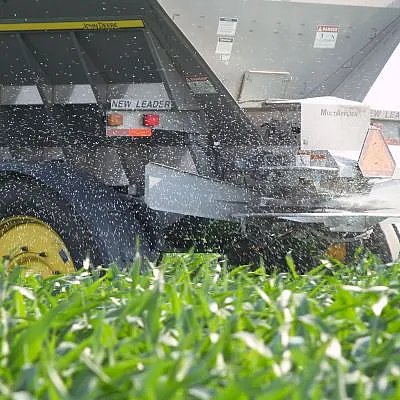
C02 Crop Physiology and Metabolism
Members | Division Officers | Donate | Member Hub Circle | More Information
This division focuses on plant physiology, pathology, mineral uptake and nutrition, photosynthesis, translocation, source-sink relations, and plant responses to the environment.
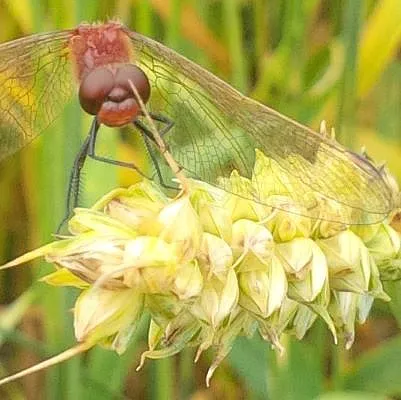
C03 Crop Ecology, Management & Quality
Members | Division Officers | Donate | Member Hub Circle | More Information
This division focuses on establishment, management, and environmental biology of species and systems of mixtures used for field crops, forages, and grazing lands.
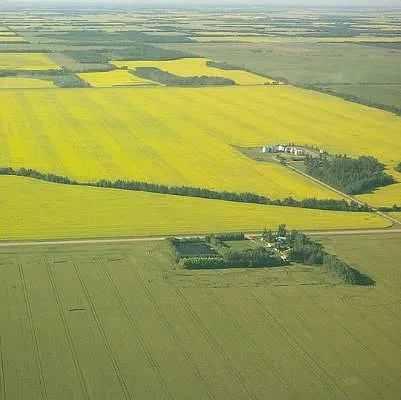
C04 Seed Physiology, Production, & Technology
Members | Division Officers | Donate | Member Hub Circle | More Information
This division focuses on seed development, maturation, germination, and metabolism; preparation of useful plant types through foundation, registered, and certified seed; preservation of viability.
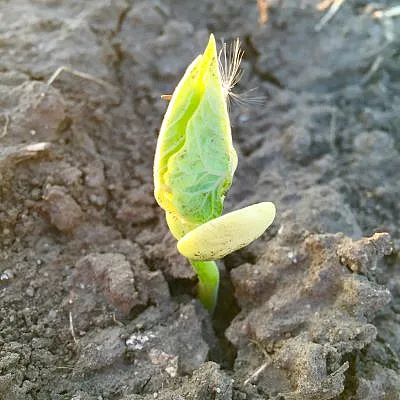
C05 Turfgrass Science
Members | Division Officers | Donate | Member Hub Circle
Stiegler Award Application Information
This division focuses on development, evaluation, establishment, and maintenance of turfgrass for multiple uses.
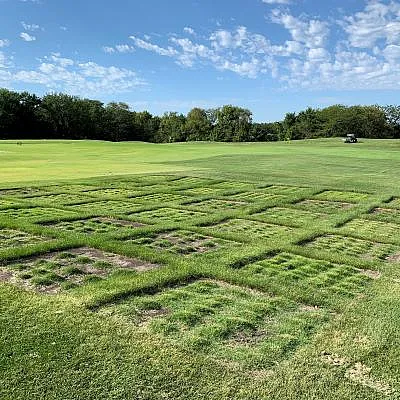
C06 Forage & Grazinglands
Members | Division Officers | Donate | Member Hub Circle | More Information
This division focuses on conservation and utilization in grazing systems, forage and grazing utilization, forage nutrition value and management, forage and grazing interactions with the environment, forage growth and development.
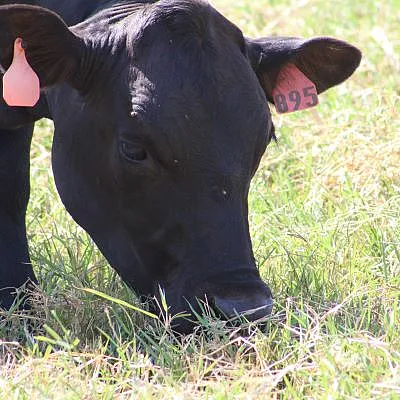
C07 Genomics, Molecular Genetics, and Biotechnology
Members | Division Officers | Donate | Member Hub Circle | More Information
This division focuses upon investigations of structural and functional genomics; mapping and cloning of genes controlling economically important plant traits; molecular breeding technology; gene structure, expression and function; plant cell and tissue culture; development and use of transgenic crops and microrganisms.
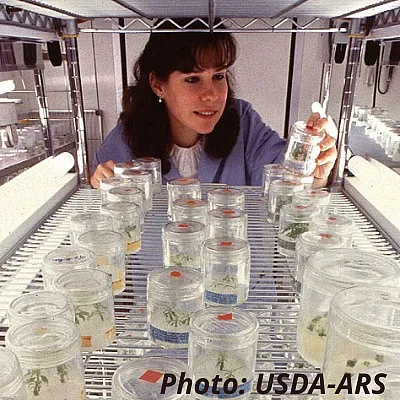
C08 Plant Genetic Resources
Members | Division Officers | Donate | Member Hub Circle | More Information
This division focuses on programs associated with conservation, use, distribution, accessibility, documentation, ownership, and intellectual property rights issues of plant genetic resources.
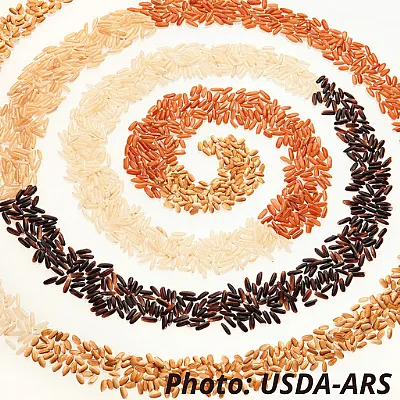
C09 Crops for Nutrition and Health
Members | Division Officers | Donate | Member Hub Circle | More Information
This division focuses on plants as food or feed, and on the development and evaluation of novel characteristics and compositional quality traits in crops that are important to the health, well being, and nutritional requirements of humans.
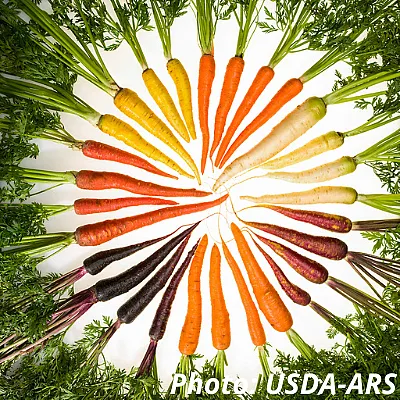
Division Leadership Resources
Published on behalf of
